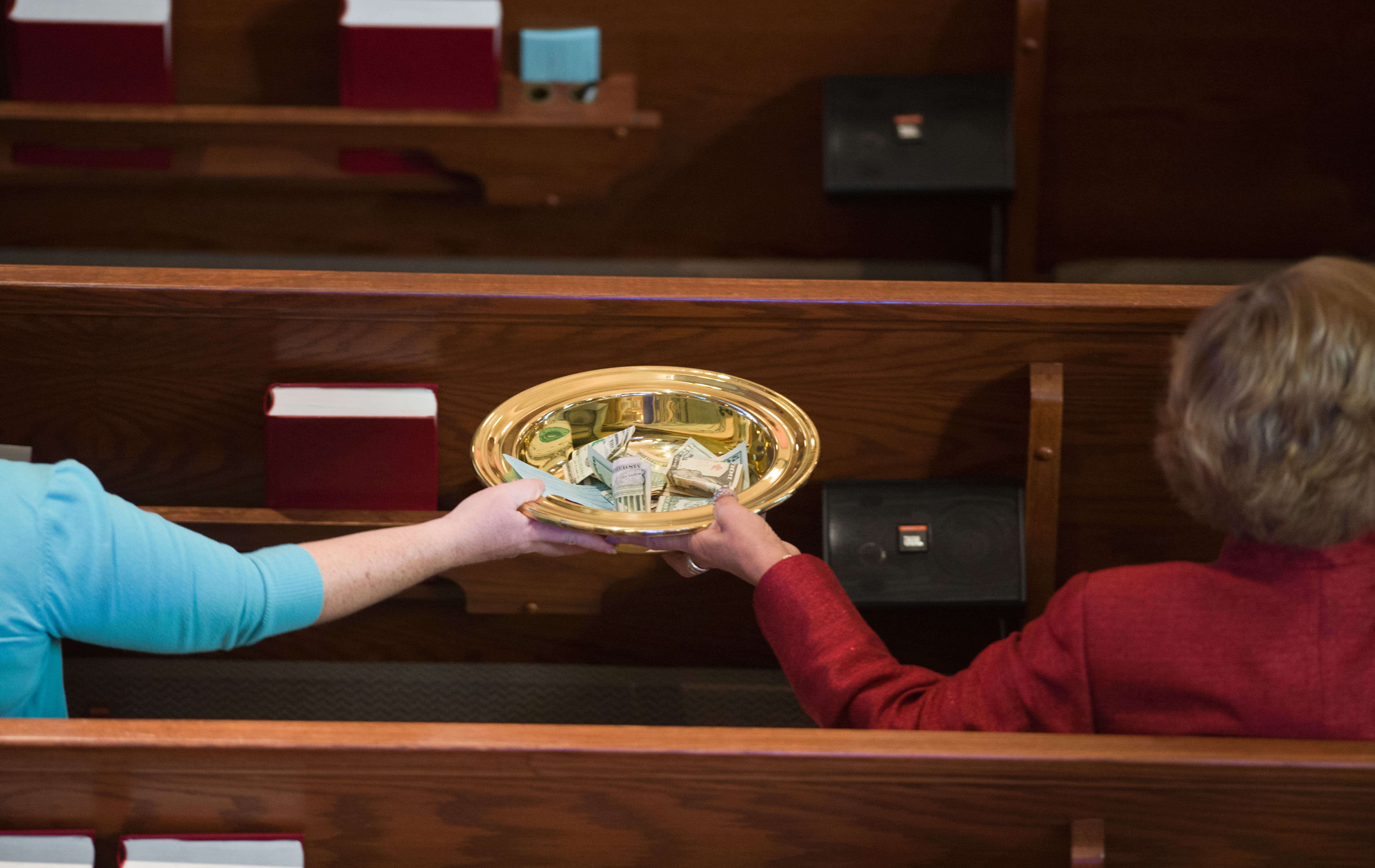Laïcité
Yay or nay?

/la.i.si.te/ - The constitutional principle of secularism in France.
When it comes to government support of religion, there are two main case studies. America, in which the Church (referring to any religion, though mostly Christian and Jewish denominations) are tightly connected to both politicians and political parties, and France where the Church and state try to be as separated as possible.
In the United States, churches and other religious organizations are generally exempt from paying federal income tax. This tax-exempt status applies to income generated from religious activities, such as offerings and donations.
In France, churches and other religious organizations are generally not exempt from paying taxes. According to French law, all organizations, including churches, must pay taxes on their income and property.
However, churches and other religious organizations may be eligible for certain tax benefits or reductions. For example, donations to religious organizations may be tax-deductible for the donor under certain circumstances. In addition, religious organizations may be eligible for reduced rates on property taxes or may be exempt from certain taxes, such as the taxe sur les salaires (wage tax).
Notice that regardless on what the stance governments have, there is an acknowledgement for the good these churches do, and how they should be rewarded, or at the very least incentivized to continue their activities.



